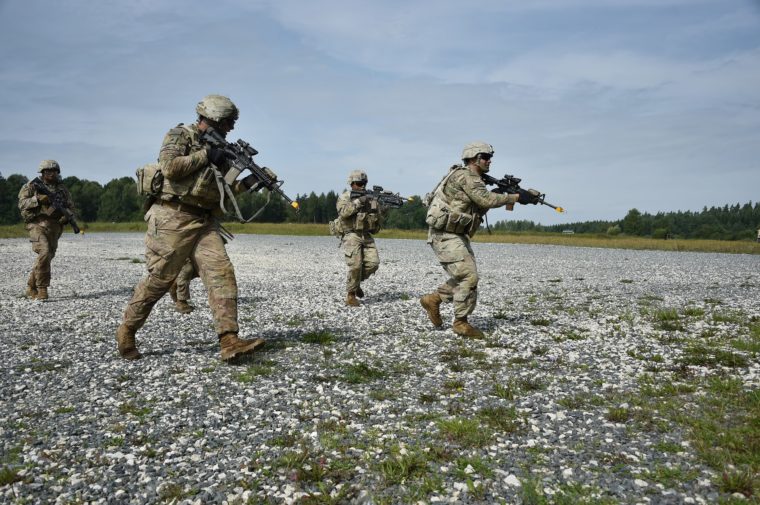This week’s book review is Acres of Diamonds by Russell Conwell.
Conwell was a war hero, lawyer, businessman, educator, orator, minister, and visionary who is probably most famous for founding Temple University and for his trademark lecture “Acres of Diamonds.” This book is a transcript of the lecture along with a biography of his life and a commentary of the impact he has made on the world before his death in 1925.
The central point of the Acres of Diamonds lecture is that we do not need to look in exotic places to find business opportunity. Business opportunities are all around us. All we need to do is change our focus to looking at the needs of society and the people around us . . . If we strive to serve their needs, business opportunity will present itself!
My takeaway from this book are these three statements from Conwell’s lecture:





